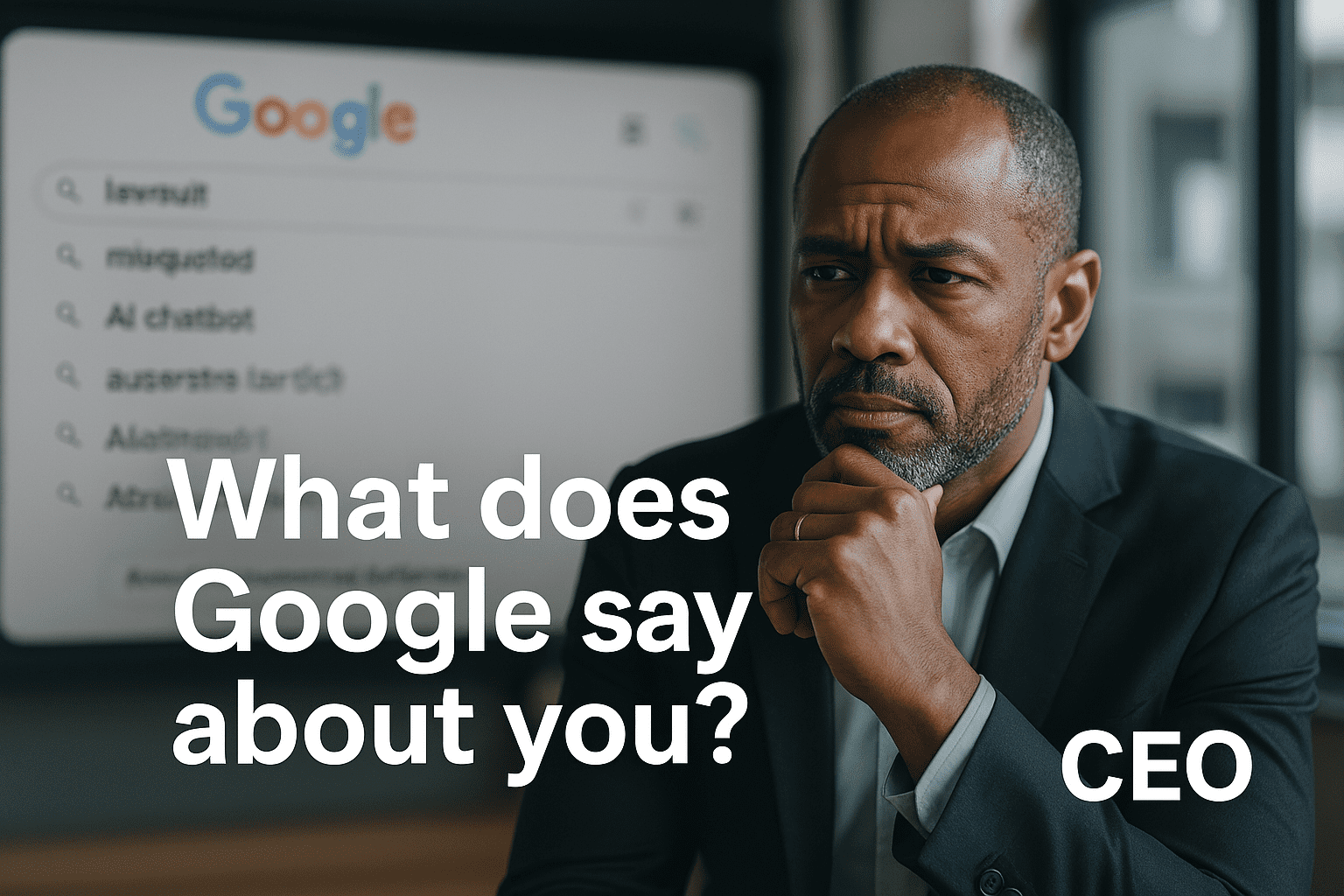Last Updated on August 10, 2023 by Steven W. Giovinco
Five Ways a Lawyer Can Combat a Negative Online Reputation
See Related Article: Each Negative Link or Review Loses Thirty Customers or $30,000
A lawyer came to me with a problem (unfortunately, a common one).
He worked with a client for several months but as a result of many unreasonable demands that were far outside their agreement, the relationship soured to the point of a threatened lawsuit—against the lawyer that was trying to help!
When it was not possible to sue, the disgruntled client turned to the web. She set up a blog, posting many ridiculous, wrong and libelous claims, and unfortunately, she got a few friends to post too.
This really impacted his practice, but mistakenly, he panicked and responded by posting to the blog directly. This only fueled the fire: Google saw this increased activity as further reason to rank the negative link higher.
You can guess what happened: when searching for the lawyer’s name, this blog with negative and damaging information came up on the first page of Google—on top, actually.
Online reputation management for lawyers is similar to other small businesses with some additional care due to legal requirements.
Here are some ways to repair a firm’s online reputation.
Try to Remove It
I worked with an attorney a few months ago and was successful in removing a handful of negative blogs posts and online reviews.
However, it’s not always possible to do so. It is always best to try to delete the bad links but many sites don’t allow it. For example, posts on ComplaintsBoard.com and Yelp are extremely difficult or impossible to remove.
See Related Article: 25 Free Online Reputation Management Tips and Tools
Inundate the Web with Content
Creating new, good content is really the best next step. This includes writing blogs and articles that your readers or clients want to know about.
When I mentioned this to an attorney recently, they panicked slightly, but it’s really not hard with some help or guidance. As a lawyer, you may feel the need to be careful about posting information online, so be mindful of any regulations, but definitely write good content. The best topics include writing about things you know. What is an interesting case? What event or conference did you attend? What changes in the law recently occurred?
Create Video
Producing a simple, brief video of you can be extremely effective. It does two things: it presents you to your potential clients in a positive light, and secondly, it can quickly help your reputation. Keep the video short to about one minute, and focus on something that is helpful to your clients. What is the most frequently asked question, for example?
Be Active On Social Media
You probably have several social media accounts, like my client did, but are not active on them. Start writing now. Add information daily and include it in your morning or evening practice. Twitter and LinkedIn are the best to focus on.
Create Online Presences on Avvo, Others
Finally, join and be active on legal-related online platforms such as Avvo. Be sure to complete your profile—this is extremely important. Add a picture of yourself, include your website, Twitter handle, and practice description, etc.
See Related Article: 8 Proven Ways to Improve Your Online Reputation for Lawyers, Financial Executives, Professional



